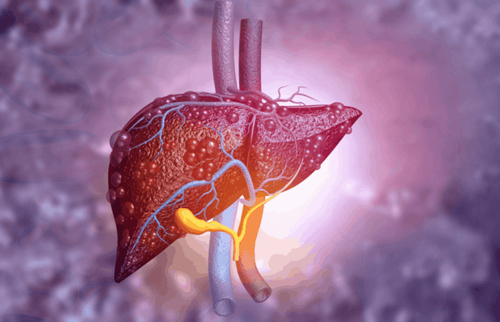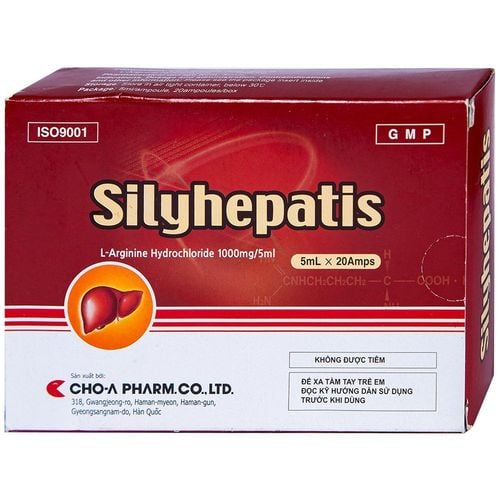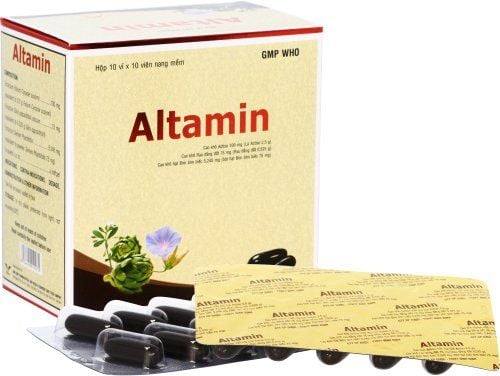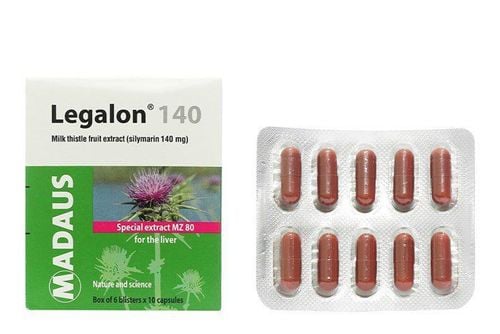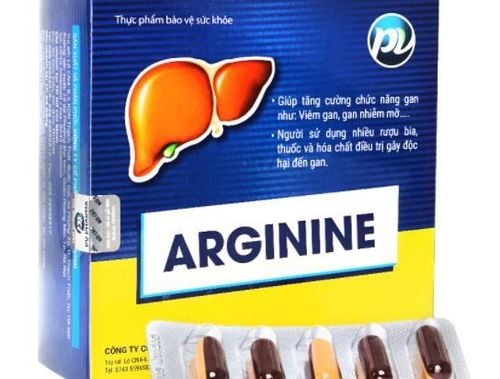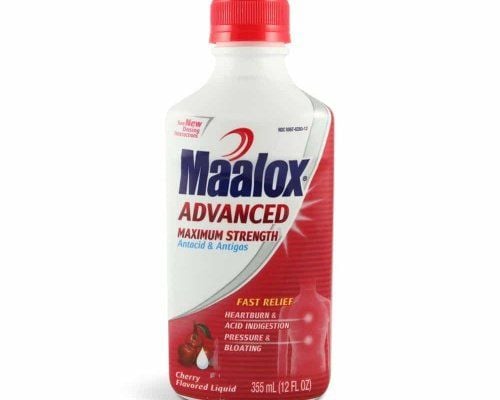This is an automatically translated article.
What does Ganlotus drug do? Ganlotus contains L-Arginine-L-Aspartate, which enhances liver function. In addition, it also participates in important metabolic cycles in the liver. Ganlotus is used to treat indigestion, abdominal distension, jaundice due to liver failure and hyperammonia.
1. Drug ingredients
Main ingredients of Ganlotus drug include:
L-Arginine-L-Aspartate 2000mg. Excipients (Sucrose, Sodium Methylparaben, Sucralose, Purified water....) just enough. Ganlotus is manufactured by CPC1 Pharmaceutical Joint Stock Company - Hanoi. The drug is prepared in the form of an oral solution Packing: Box of 8 blisters x 5 tubes x 10 ml.
2. Uses of Ganlotus
Uses of the ingredients that make up Ganlotus:
L-Arginine-L-Aspartate, this is a complex of two amino acids. It participates in many metabolic and metabolic pathways in the body. In particular, glycolysis takes place in the liver. According to some studies, supplementing L-Arginine-L-Aspartate to athletes for 3 weeks reduces blood glucose and lactate levels, while increasing fat oxidation and reducing oxygen consumption. In addition, helping to reduce heart rate, increase ventilation, thereby improving work performance.
On the other hand, two amino acids also participate in catalyzing reactions in the urea cycle, which will help convert ammonia into a less toxic intermediate product. Hence, it is easily excreted in the urine. L-Arginine-L-Aspartate can also be considered to support the detoxification function of the liver.
In case of increased protein degradation due to deficiency of liver enzymes. The addition of L-Arginine-L-Aspartate will help stimulate the pituitary gland, the pancreas to produce Hormones, thereby helping to restore blood Arginine levels and reduce degenerative conditions.
It can be said that L-Arginine-L-Aspartate is actively involved in many activities in the liver, reducing blood fat and blood sugar, enhancing liver function.
Indications: Ganlotus is used in the following cases:
People with impaired liver function leading to jaundice, indigestion, bloating. Patients with increased levels of ammonia in the blood. Caused by poor liver detoxification function and urea cycle disorder. Contraindications: Do not use Ganlotus for:
People who are hypersensitive to any of the ingredients in the formula. Patients with impaired glucose-galactose malabsorption. Children under 30 months of age. People with urea cycle disorder. Also lack of Arginase enzyme. Patients with myocardial infarction. People with Fructose intolerance syndrome, Sucrose-Isomaltase deficiency.
3. How to take Ganlotus
How to use Please read the user manual carefully before use, pay attention to a few things:
Should break the tip of the plastic tube and drink the solution directly. Can be used diluted with water. But do not take with any other liquid, or just dessert with water after taking the medicine. To reduce symptoms of indigestion, bloating, should be used before eating or as soon as these signs appear. Dosage Children from 30 months - 12 years old: Use 500mg - 2000mg/day or as directed by a doctor. Children from 12 to 18 years old: Use 1000 - 2000mg/day (corresponding to 5 - 10ml solution), divided 1 - 2 times. Adults: Take 2000 - 3000mg per day (corresponding to 10 - 15ml of solution), equally divided before each meal. Duration of drug use: less than 15 days. After this time, the symptoms do not improve, please inform your doctor to adjust the dose of the drug appropriately. Some ways to deal with missed dose and overdose When you miss a dose, do the following:
+ Take the dose again as soon as you remember it.
+ Absolutely do not take a double dose at the same time. Make sure to take 2 doses 1-2 hours apart.
When overdosing, should do the following:
+ When using the drug in overdose, it can lead to diarrhea, metabolic acidosis with rapid breathing. More serious when children overdose, it will cause an increase in blood chloride ion content, brain edema and death.
Treatment: Immediately, take the patient to the nearest medical facility for timely treatment. The doctor will alkalize the blood, limiting metabolic acidosis. At the same time, treat symptoms and support recovery for patients.
4. Undesirable effects
During use, some of the following side effects may occur:
Common side effects + Nausea, vomiting, diarrhea, flushed face.
+ Headache, increased body temperature.
+ Local vein stimulation.
Rare side effects + Anaphylactic reactions, tachycardia, shortness of breath.
+ Edema causes pain.
+ Decreased platelet count.
+ Erythema, itching.
The frequency of occurrence is unknown. + Nitric oxide breath.
+ Decreased ventilation in patients with asthma.
+ Abdominal muscle spasm, increased spasm causing pain.
+ Lower blood pressure .
+ Phlebitis.
+ Abdominal distention in patients with cirrhosis.
+ Increase plasma creatinine and Nitro Urea.
+ Increases the release of pancreatic and pituitary hormones in patients with kidney failure, diabetes.
Inform your doctor, pharmacist if in the process of using the drug occur other undesirable effects.
5. Drug interactions
Some possible drug interactions such as:
Arginin when used with Progestogen and Estrogen will decrease the response to Glucagon and Insulin and increase the response to GH. When used with diuretics Thiazid, Xylitol and Aminophyllin, Sulfonylurea will affect the response of active ingredients to Arginin. When co-administered with potassium-lowering diuretics, Spironolactone may cause severe hyperkalemia.
6. Drug storage conditions
Preserved in dry, cool place. Temperature below 30 degrees Celsius. Keep out of reach of children.
Please dial HOTLINE for more information or register for an appointment HERE. Download MyVinmec app to make appointments faster and to manage your bookings easily.




